Here you get to know 21 best knifes chefs use at the kitchen, this is best chefs kitchen weapons (knife) which help to work in daily operation. There are many kitchen knives available in the market but here you get to know best out of those.
You can ask me why these are the best knives? Hare, we explain you different kitchen knives like Chef knife, paring knife, cheese knife, tomato knife, oyster knife and many more. I explain to you the best 21 kitchen knives, their size and its best uses.
1. Chef’s knife
The chef’s knife is one of the most used and versatile tools in the kitchen. Chef’s knife also known as a cook's
knife or French knife. Chefs work with a more exacta cutting
with this knife on the cutting board. The heavy blade of this knife also help
for chopping bone, all this feature make this knife al all-purpose heavy knife
for food preparation.
20 cm (8 inches
most common).
2. Paring knife
A paring knife is basically a small chef’s knife and should be used for the
same tasks on a smaller scale. This all-purpose knife has a plain edge that is
ideal for peeling (or "paring") fruits and vegetables. It mainly helps
to do small intricate work (like de-veining a shrimp, removing the seeds from a
jalapeño, 'skinning' or cutting small garnishes). Don’t use this kind of knife
for any hard vegetables, since its lightweight can cause you to use an
unsafe amount of force. Paring knives are great for peeling and detailed
cutting.
3. Boning knife
It has a thin, flexible
blade, Long, and
strong, this knife is used to remove meat from the bone. Its thinness allows
you to move with the curves and bends of the bone and separate the meat. When
using a boning knife, do not attempt to cut through bones. A stiff boning knife is
good for beef and pork, and a flexible one is preferred for poultry and fish.
4. Bread knife
The bread knife cuts through bread. Its serrated edge lets it slice bread
without tearing the loaf apart. There were also sections of grooves with the opposite direction
of inclination, separated by a section of the smooth blade, and the knife thus cut
cleanly in both directions in both hard and soft bread.
5. Cheese knife
Soft cheeses often stick to knives, which is why cheese knives have holes in
them. These holes reduce the cheese’s surface contact with the knife and cut
down on sticking. Be mindful of the sharpness of your knife when
cutting cheese, as harder cheese will require a sharper knife.
Size :- 18.4 cm (7.25 inches).
- Soft cheese knife – Use primarily to cut soft cheese.
- Cheese slicer - The cheese planes or slicers are used for shaving even slices of semi-hard or hard cheeses.
- Cheese cleaver - Cheese cleavers or cheese spades are excellent for cutting hard or firm cheese into both wedges and chunks.
6. Tomato knife
Tomatoes are notoriously hard to slice because their skin is prone to tearing.
Very small serrations on the tomato knife’s blade grip the skin of the
tomato and reduce tears, allowing you to slice through easily.
Size: - 20 cm (8 inches).
7. Cleaver
Cleavers are heavy, sharp knives used to cut through bones. Their size and
weight help you drive them down through meat and bones, letting you prepare
your meat yourself. While this knife isn’t particularly common in home
kitchens, many chefs in restaurants use them, so they have total control over
their cuts of meat.
A "lobster splitter" is a
light-duty cleaver used mainly for shellfish and fowl which has the profile of
a chef's knife.
The Chinese chef's knife is sometimes called a "Chinese cleaver",
due to the rectangular blade, but it is unsuitable for cleaving, its thin blade
instead designed for slicing; actual Chinese cleavers are heavier and similar
to Western cleavers.
8. Mincing knife
A mincing knife is a curved knife that is held with both hands and used by
rocking it back and forth. This knife can quickly mince vegetables or herbs
into very small pieces with minimal effort.
9. Decorating knife
If a chef wants his or her food to have a designed edge (for example, cut in a
zig-zag pattern), he or she can use a decorating knife. Decorating knives have
patterns in the blade that appear on the foods it cuts. This knife also is known
as krinkle knife.
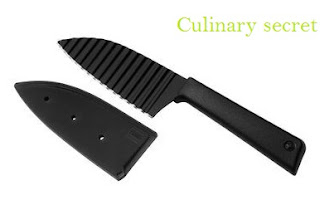 |
| krinkle knife |
Size:
- 5 cm to 10 cm (2 to
4 inches).
10. Butter
knife
Butter knives have
a dull cutting edge and are generally used for spreading. They are typically
thought of more as serving ware, this knife used by diners to serve and/or
spread butter or other soft spreadable foods.
Size:
- 20 cm (8 inches)
11. Carving
knife
A
the carving knife is a large knife that is used to slice thin cuts of meat,
including poultry, roasts, hams, and other large cooked meats. A carving knife
is much thinner than a chef's knife.
Size: - Between 20 cm and 38 cm (8 and 15 inches)
12. Fillet Knife
Fillet knives are like very flexible
boning knives that are used to fillet and prepare fish. Allowing
them to move easily along the backbone and under the skin of fish.
Size:
-
15 cm to 28 cm (6 - 11 inches).
13. Tourné knife
Also known as a bird's beak knife, a peeling knife has a pointed
tip that curves downward and from side to side. It can be used to cut
decorative garnishes, remove skins and blemishes. It is also used to make a cut
known as a tourné cut in vegetables such as carrots that’s how it gets its name.
Size: - End to
End: -6.5 inches. Blade Length:
-2.5 inch.
14. Fluting
knife
A fluting knife has a small blade
that is very straight. These knives are ideal use for small tasks such as
decorating and peeling.
15. Oyster
knife
An oyster knife has a short, thick
blade that is used to pry open oysters and separate their meat from the shell (shucking). Some
models have a shield built into the handle that prevents the knife (and hand)
from slipping and going too far into the shell. The handle is normally thick
and short, with a bulbous end. Oyster knives
generally straight, symmetric blades. Since the point of contact with the
oyster is the tip of the knife, the blade itself is not usually sharp, but the
tip may be sharp.
Size:- 6 – 10 cm (2.5 - 4 inches)
16. Grapefruit knife
Grapefruit knife has a long, flat,
dull blade that is used to separate the flesh of a grapefruit from the peel and inner pulps. The blade is usually
serrated, with a dull tip. Some Grapefruit knife even has a different blade
style on each side of the handle – one for the pulp, anther for the peeling
skin.
Size:- 10 cm (4
inches)
17. Chestnut
knife
A chestnut knife is used to score chestnut with
an "X" cut before roasting so that steam does not build up inside
and cause the nut to explode. They have very shallow blades so that they can
cut through the shell without cutting through the nut inside.
Size:- 2.5 cm
(1 inch)
18. Deveiner
knife
Size:- 6.5 cm
(2.5 inches)
19. Salmon knife
Size:- 30 cm (12
inches)
20. Cimeter knife
A cimeter or scimitar is a large
and curved butcher's knife, with a long blade. It is used primarily for cutting
large pieces of meat into retail cuts such as steaks.
Size: - 20-35 cm (8-14inches)
21. The Kitchen Shears
Though shear is not technically knives, they can be used in place of a knife. Kitchen shears are a pair of scissors with thick and strong blades to handle various food materials. They are useful for snipping herbs, sectioning chicken, preparing shrimp, octopus and many other kitchen works.
Size: - 18.4 cm (7.25 inches)
Dear viewers now you got all-clear idea about all 21 Best kitchen knives of 2020. You can now choose which is best for you or for your own kitchen.
A knife is the best weapon for a professional chef. Best of luck to choose your best kitchen weapons.
Do write to me which one you found the best for you.
Thanks...

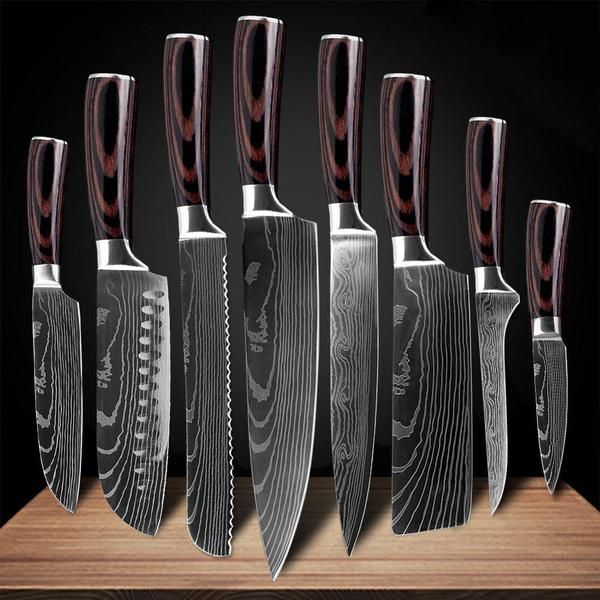



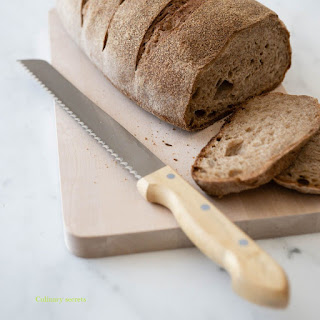


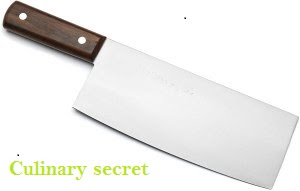

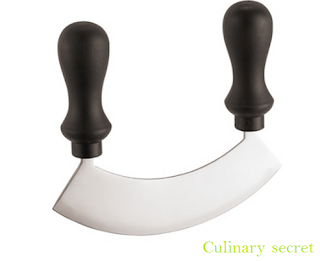
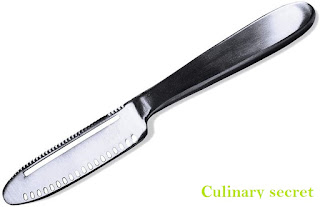
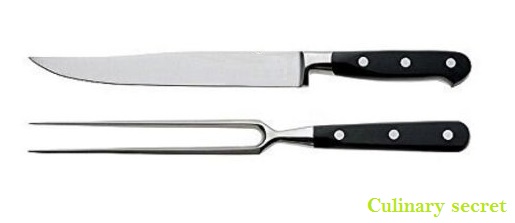



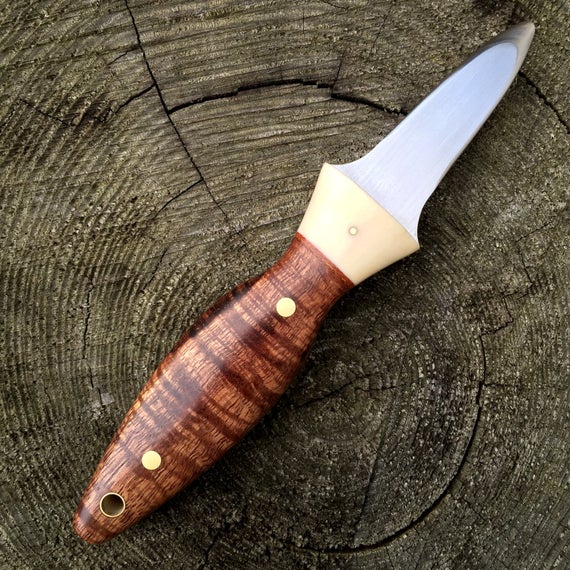
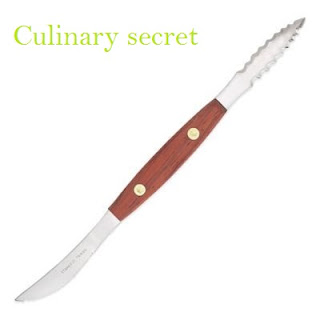
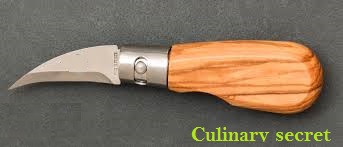
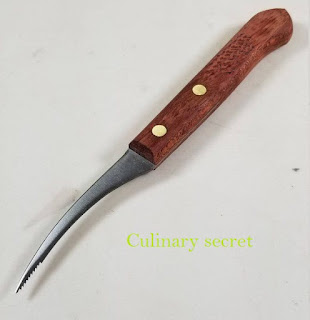

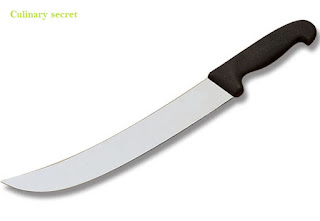
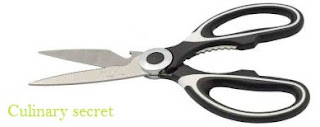





0 comments :
Post a Comment